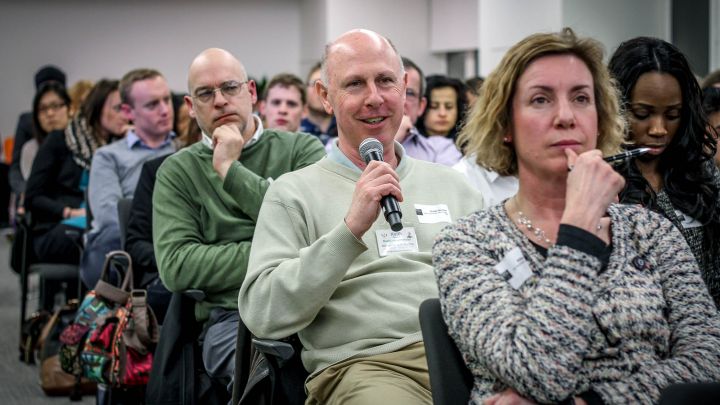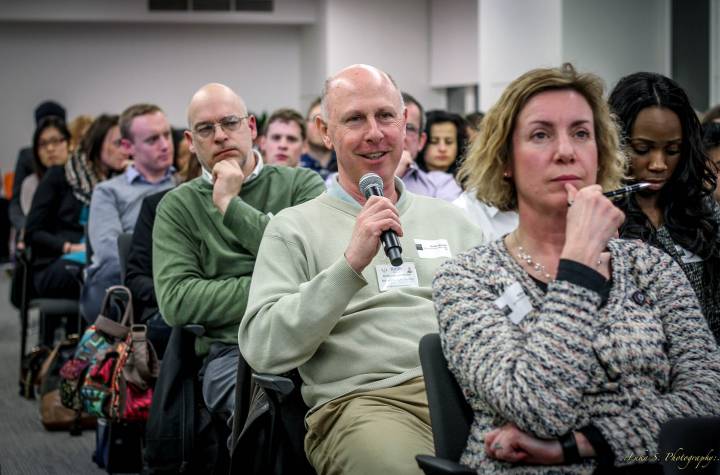Psychology Colloquia Series: Dr Jayne Morriss

This event has taken place
View all upcoming events at Kingston University.
Time: 12.00pm - 1.00pm
Price:
free

All are welcome to the Psychology Colloquia, where distinguished guest speakers present talks encompassing a diverse array of topics within the field of Psychology and beyond.
This week's speaker is Dr Jayne Morriss. Jayne is a lecturer at the University of Southampton. Their expertise is in transdiagnostic mechanisms and experimental therapeutics for anxiety-related conditions, which aims to accelerate the translation of basic science discoveries in affective neuroscience to clinical practice. Their research focuses on the role of uncertainty and individual differences in intolerance of uncertainty in modulating psychological processes that underpin anxiety-related conditions. To address their research questions, they use multi-method approaches (i.e. self-report, skin conductance, eye-tracking, neuroimaging etc) in combination with experimental tasks that manipulate uncertainty.
Abstract: Intolerance of Uncertainty: A transdiagnostic dimension and treatment target for anxiety-related conditions
Intolerance of uncertainty (IU), the tendency to find uncertainty aversive, is an important transdiagnostic dimension in anxiety-related conditions (e.g. generalised anxiety disorder, depression, schizophrenia etc). Emerging research has demonstrated that IU can be modified through evidence-based treatments for anxiety-related conditions. Given these promising findings, there has been a surge of interest in characterising the neurobiological basis of IU, in order to develop novel ways of targeting IU in treatments for anxiety-related conditions. Here, I provide an overview of how IU contributes to the psychological processes responsible for key symptom dimensions in anxiety-related conditions. For instance, how higher IU is associated with: (1) attentional biases towards uncertain information, and (2) disrupted learning of new safety information. In addition, I will provide further examples from recent experimental research evidencing how IU can be reduced. Recommendations for future research are outlined, with discussion focusing on what remains unknown about IU.
This event will be held on Teams.
The series is organised by Dr Goffredina Spano (g.spano@kingston.ac.uk) and Dr Simona Cantarella (s.cantarella@kingston.ac.uk) from the Psychology Department. If you would like more information about the event, please feel free to email either of them.
For further information about this event:
Contact: Lucy Raymond (Events Officer)
Email: lucy.raymond@kingston.ac.uk
